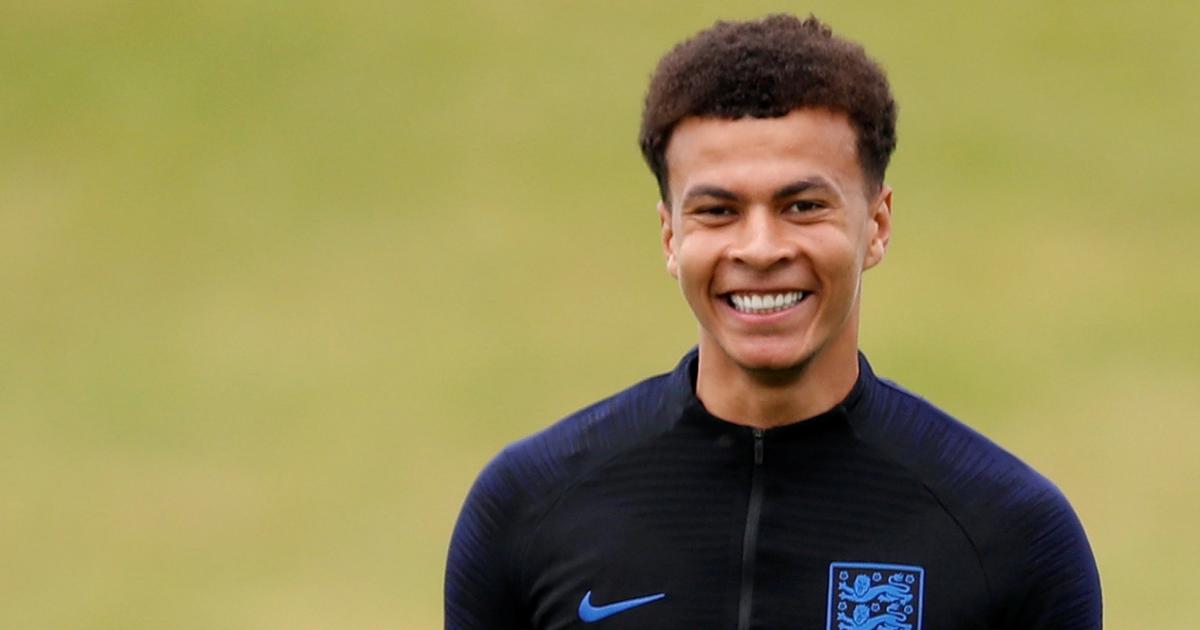Reuters/Carl Recine
If Brexit means Brexit then it stands to reason that football means football, right?
At the end of the day, what could be more simple? Just twenty-two men chasing around a ball. Jumpers for goalposts. Football, innit?
This summer, more football will be played. All of the players who usually play football will come together in Russia and play more football but this time with different people than they usually play with.
But that won't make much of a difference will it? It's just football. It's just better or worse - it's not... different... is it?
The evolution of the modern game
Call it the slow march of progress or the relentless drip of capitalism, modern football has evolved even within the last decade.
As an ever-chasming inequality begins to yawn within the beautiful game, the tactical aspect of football has slowly come to reflect that.
Smaller clubs, unable to compete with the sort of clout that the global elite now wield, have been forced to innovate to keep up with their bigger brothers-cum-overlords.
As Spurs tactics writer, Nathan Clark, has written: "If you're a club at the top end of the table or a national side with a notable squad then the vast majority of games will be played against a deep defensive block with a counter-attack ploy."
To counter-act this evolution, big clubs can no longer rely on their marquee signings to overpower smaller sides.
Reuters/Carl Recine
And so, with the growing recognition that a well-organised defence can stave off even the most top heavy of attacks, it became clear that only tactics could oppose tactics.
The result: an increasing implementation of Positional Play - using space and positional overloads to break down deep-lying teams.
In 2018, then, you cannot simply win the World Cup by throwing on a strong eleven of elite players and hope for the best. International football has had to become tactically aware.
The differences emerge
It is at this point, though, that the differences between international and domestic football begin to appear. The implementation of the various iterations of Positional Play is not something which happens overnight.
Think back to the experiences of that high priest of Positional Play - Pep Guardiola - making the shift from the Bundesliga into the Premier League. With the weight of expectation on his shoulders, the Catalan's inaugural season was generally agreed to be a disaster with the star-studded cast of the Manchester City squad failing to live up to their billing.
Since then, however, as the City players have become accustomed to Positional Play, they have become one of the best sides the Premier League has ever experienced.
Reuters/John Sibley
This, though, is domestic football. When it comes to international football, everything changes. No manager has the same luxury of time and exposure to his players to be able to recreate this sort of heavily tactical style of play.
A balance, then, has to be struck between developing a team technically savvy enough to break down a deep-lying opposition but also one with a clientele impressive enough to be able to beat teams through moments of brilliance.
It is because of this that a much greater parity exists in international football between the teams at the top and the teams at the bottom.
The English experiment
The English Men's National Team offers a good example of this shift in tactical focus in international football.
Since Gareth Southgate has arrived in the managerial hot-seat, the emphasis has moved from that of the individual to the collective.
Gone are the days of questioning whether or not Steven Gerrard and Frank Lampard could function as a midfield pairing: the whole is now considered more important than the sum of the parts.
It is for this reason that Southgate has persisted with three at the back, playing Kyle Walker as a centre-back despite the fact that he is, by trade, more suited to a wider role.
Reuters/Carl Recine
And it is for this reason that a player of the calibre of Dele Alli can be left out of the starting XI: when the individual does not suit the system, the system is prioritised.
This is nowhere more palpably obvious than in Southgate's press conferences: "Man City actually play a 4-3-3 but, for most of the game, they have three, with the left-back coming in-field. In a lot of their games he makes an additional midfield player," he stated before England's friendly match in March.
“So a lot of teams evolve to a three in their build-up and the modern game is so fluid, you have to adjust and adapt tactically in transition in particular. All of the players we have, especially the central defenders, are capable of playing the system. They are tactically savvy to pick it up."
What does this mean for the World Cup?
International football is, of necessity, of a worse standard tactically than its domestic counter-part.
Without the requisite amount of time to fully develop a coherent style of play in the short space of time that a national team has at its disposal, along with the fact that smaller teams are more likely to play more defensively, the result is a more raw form of the game often played with less sophistication.
Of course, this does not necessarily mean a less enjoyable visual experience for the fans, although Euro 2016 was memorable for the relative turgidity of its football.
But with the recognition that the system can mitigate issues of individual talent - how do you fit X, Y or Z in the same team? - expect to see England line up in an interesting way during the World Cup.
And expect some surprise results as the underdogs unseat the de facto favourites who haven't managed to find their a system that works for them yet.
What do you think? Let us know by commenting below.
Explore new topics and discover content that's right for you!
News



